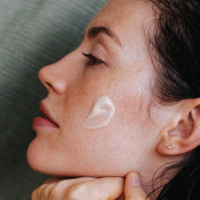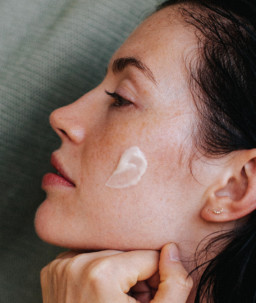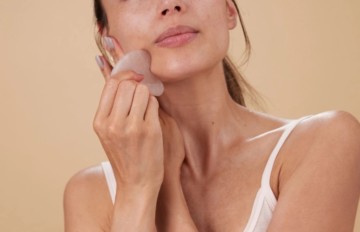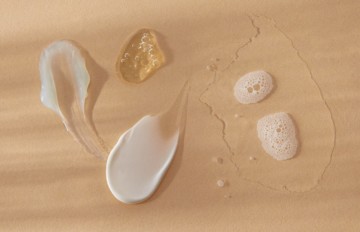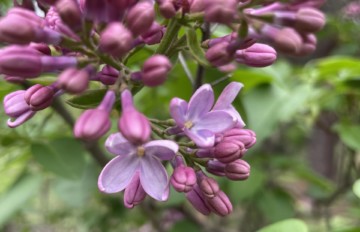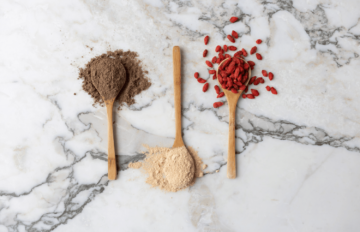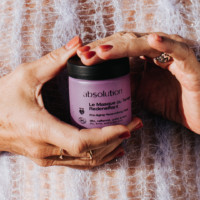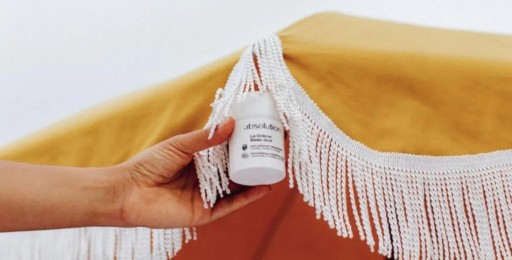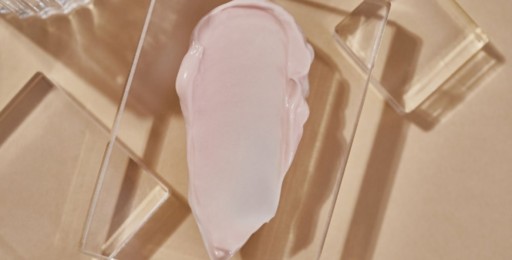
Can you use an oil on oily skin?
Oily skin needs specific skincare products to help control sebum production and prevent blemishes. You’d be forgiven for thinking that it makes no sense to treat it with oils! And yet, contrary to popular belief, an oil really can help oily skin in its quest for balance. You just have to choose the right one…
Oils for oily skin?
Find out more about the solutions and best oils to take care of your oily skin.
Do you have oily skin?
If you want to find an organic skincare routine that’s right for your skin, first of all you need to be sure of your skin mood! If you think your skin type is oily, but you still have a few doubts, you can do your own skin diagnosis online. Within minutes, you’ll know if you have oily or combination skin. This diagnosis will help you to find a routine of organic skincare products to address your skin concerns.
What are the signs of oily skin?
When you have oily skin, your entire face is shiny, and particularly the T-zone (forehead, nose, chin). You’ll often see open pores, blemishes such as blackheads, and spots. Oily skin tends to be acne-prone and can feel quite thick.
What are the causes of excess sebum?
It’s well established that excess sebum causes oily skin, but do you know what makes sebaceous glands go into overdrive? For some people, hormonal imbalances (such as those that occur during puberty, the menstrual cycle or menopause) play a key role. Androgen hormones stimulate sebum production, while estrogens, on the other hand, inhibit it. There are also other factors that can play a role, including stress or environmental aggressors such as pollution and UV rays, which make the skin react. It then tries to protect itself by… producing more sebum!
Good to know: your diet has an impact on your skin
A diet that’s too rich in fast-acting sugars, and also dairy products, can disrupt your skin’s balance.
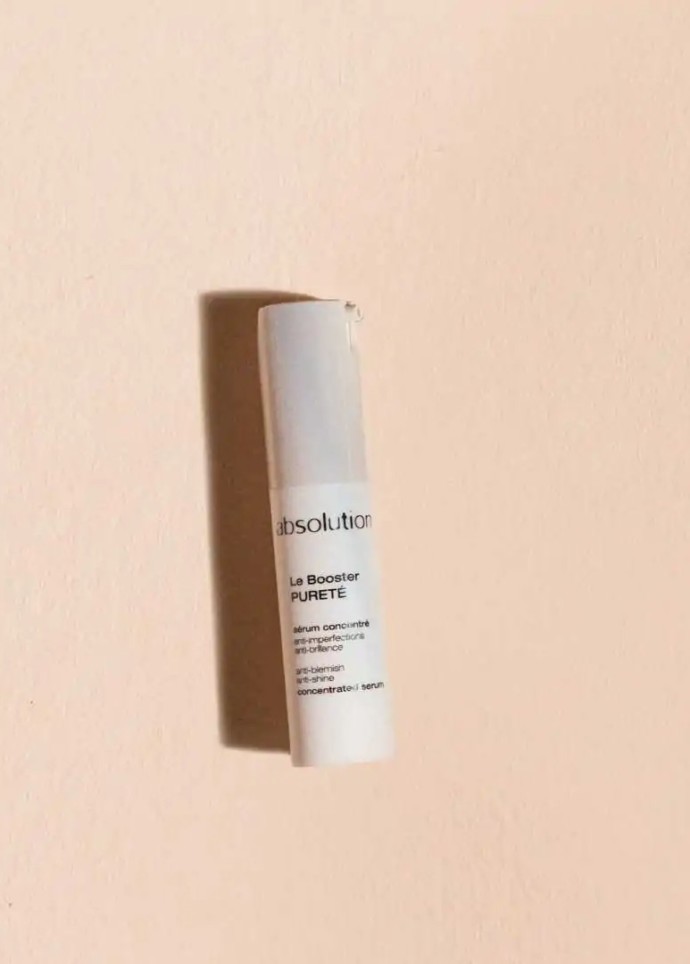
Who says you can’t use oils if you have oily skin?
Perhaps you’re scared to use oils on your oily skin? And yet the solution for oily skin can often be found in the amazing benefits of essential or botanical oils. Allow Absolution to explain…
An oil for oily skin can help to control sebum production. Jojoba oil, for example, mimics the skin’s natural sebum. Argan oil and grapeseed oil moisturize the skin without clogging pores. Meanwhile, a dab of tea tree oil can help with spots and blemishes, thanks to its antibacterial properties.
Why should you nourish oily skin?
It might seem counterintuitive to nourish oily skin. If your skin is a little too shiny, one of the first things you may want to do is get rid of your creams, oils, and other nourishing beauty products! But this would be a mistake. Oily skin is sensitive. It needs to be moisturized to help regulate the hydrolipidic film on the skin’s surface.
When the skin lacks moisture, it can try to compensate by producing more sebum, creating a vicious circle. By ensuring the skin is sufficiently hydrated and nourished, you help to keep it balanced. Botanical oils can help to nourish your skin without weighing it down.
Can oils aggravate acne in oily skin?
Yes and no. If you want to avoid making acne worse, it’s crucial that you use non-comedogenic oils, i.e. oils that won’t clog pores.
Oils like Jojoba oil, Sesame oil, Hazelnut oil and Hemp oil are excellent for oily skin. They’re easily absorbed and don’t leave a greasy residue, helping to prevent the formation of comedones (such as blackheads and whiteheads).
Plus, they help to balance sebum production and soothe inflammation, which in turn helps to reduce the risk of acne flare-ups.Using the right kind of oil can actually help keep oily skin in better health, more balanced, and less prone to skin problems.
Common mistakes to avoid
One mistake frequently made by people with oily skin is cleansing too often with harsh cleansing products. This can remove the natural lipids on the surface of the skin, and consequently the sebaceous glands react by producing even more sebum! An oil cleanser for oily skin would be a much better option!
Oily skin should also avoid products containing mineral oils, which are derived from petrochemicals and can therefore block pores. Instead, opt for botanical oils and certified-organic skincare products such as those offered by Absolution.
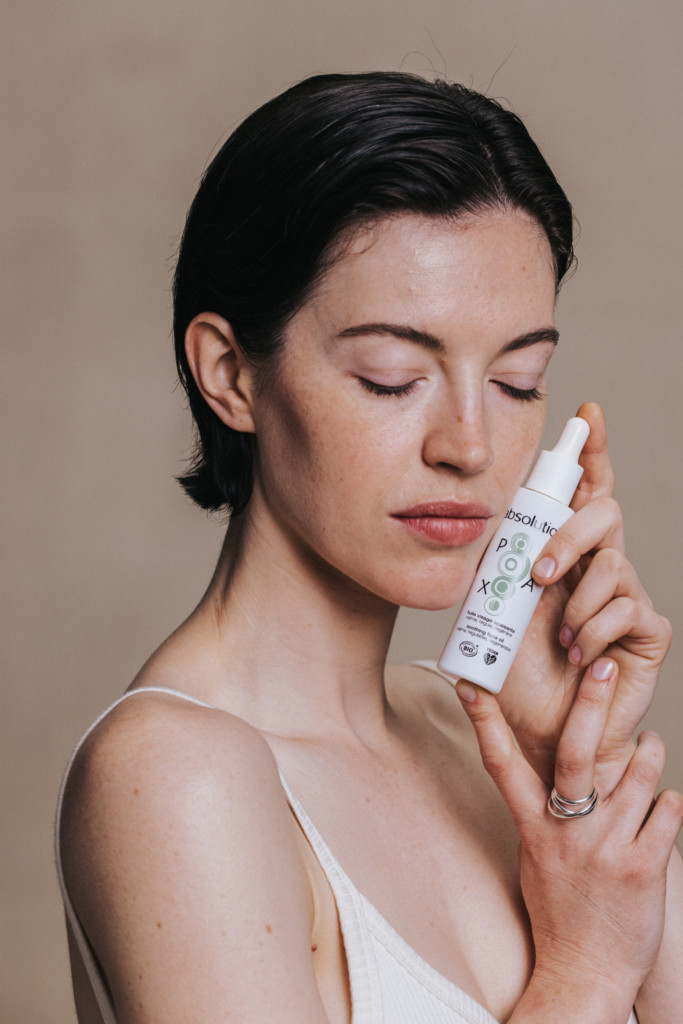
Which botanical oils are best for oily skin?
The sebum-regulating and non-comedogenic properties of certain plant oils make them particularly beneficial for oily skin. Below, you’ll find some of the best:
- Jojoba oil: with a comedogenic rating of 0, Jojoba oil is ideal for helping to regulate sebum production without clogging pores. It also deeply moisturizes and helps to balance the skin.
- Sesame oil: rich in essential fatty acids, this lightweight oil both repairs and regenerates, and is perfect for nourishing the skin without leaving a greasy residue.
We’ve used these two oils in PAX – our certified-organic, soothing and purifying face oil, enriched with CBD. You’ll also find them in our multi-purpose day and night oil, Addiction, which works with all skin moods.By incorporating these oils into your skincare routine, you’ll be able to restore balance to your oily skin – and you’ll be doing it gently!
3 points to remember:
- Nourishing oily skin with an appropriate botanical oil is essential to help regulate sebum production.
- Always look for non-comedogenic oils, such as Jojoba or Sesame oil.
Don’t over-cleanse oily skin! Give it a good cleanse in the evening to get rid of impurities, but in the morning, simply rinse it with water or use a toner to refresh your skin without upsetting its balance.
